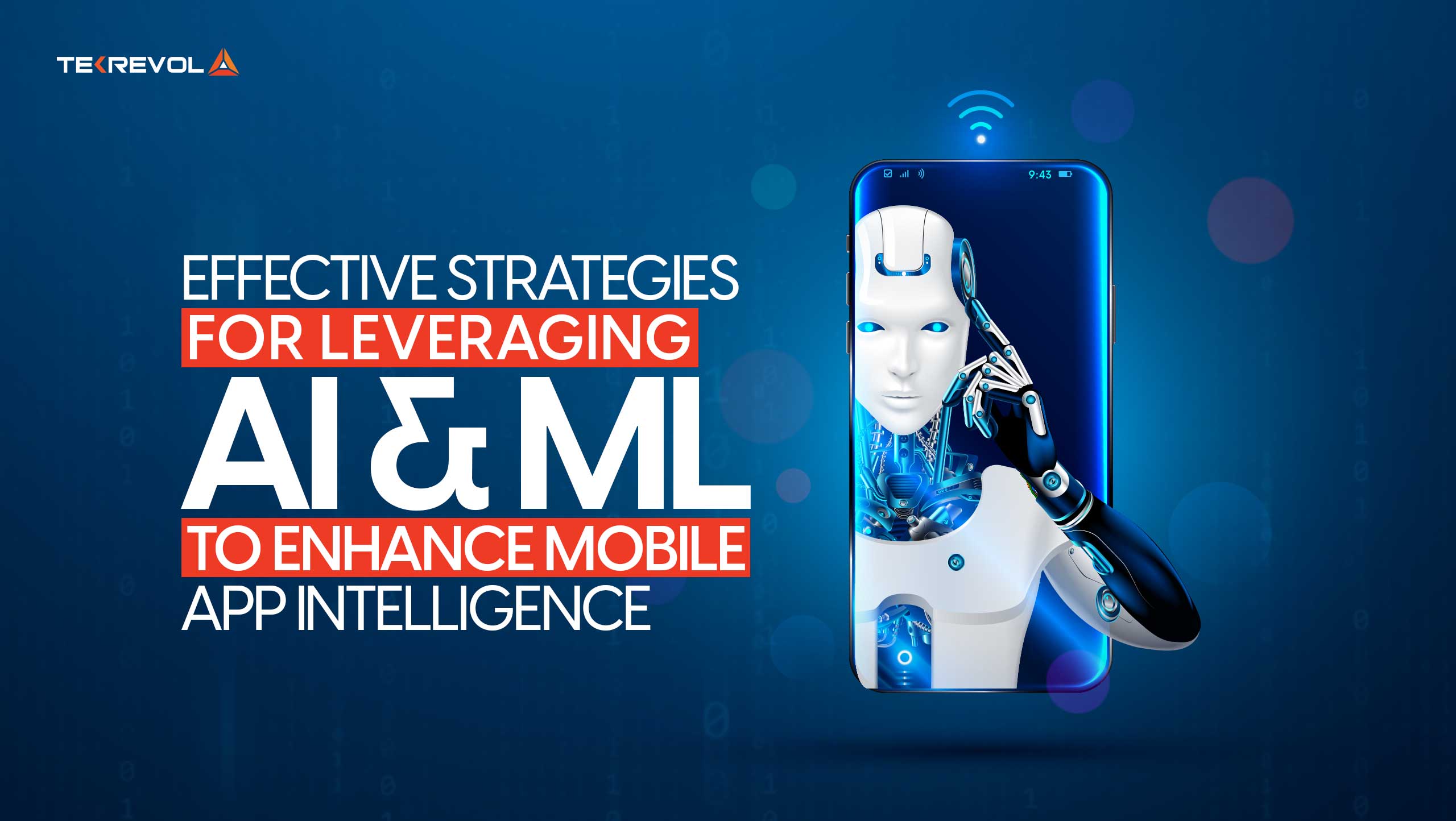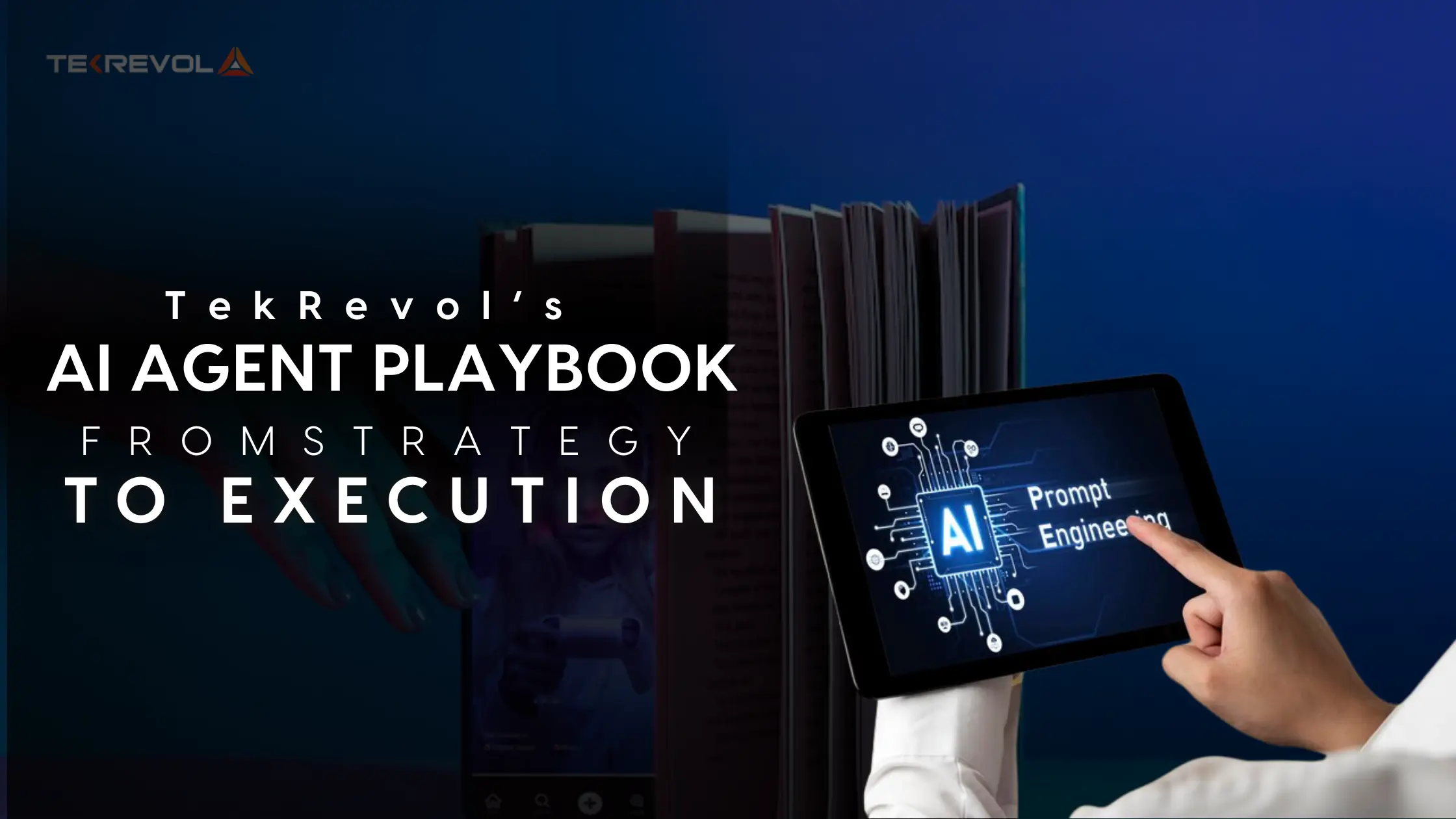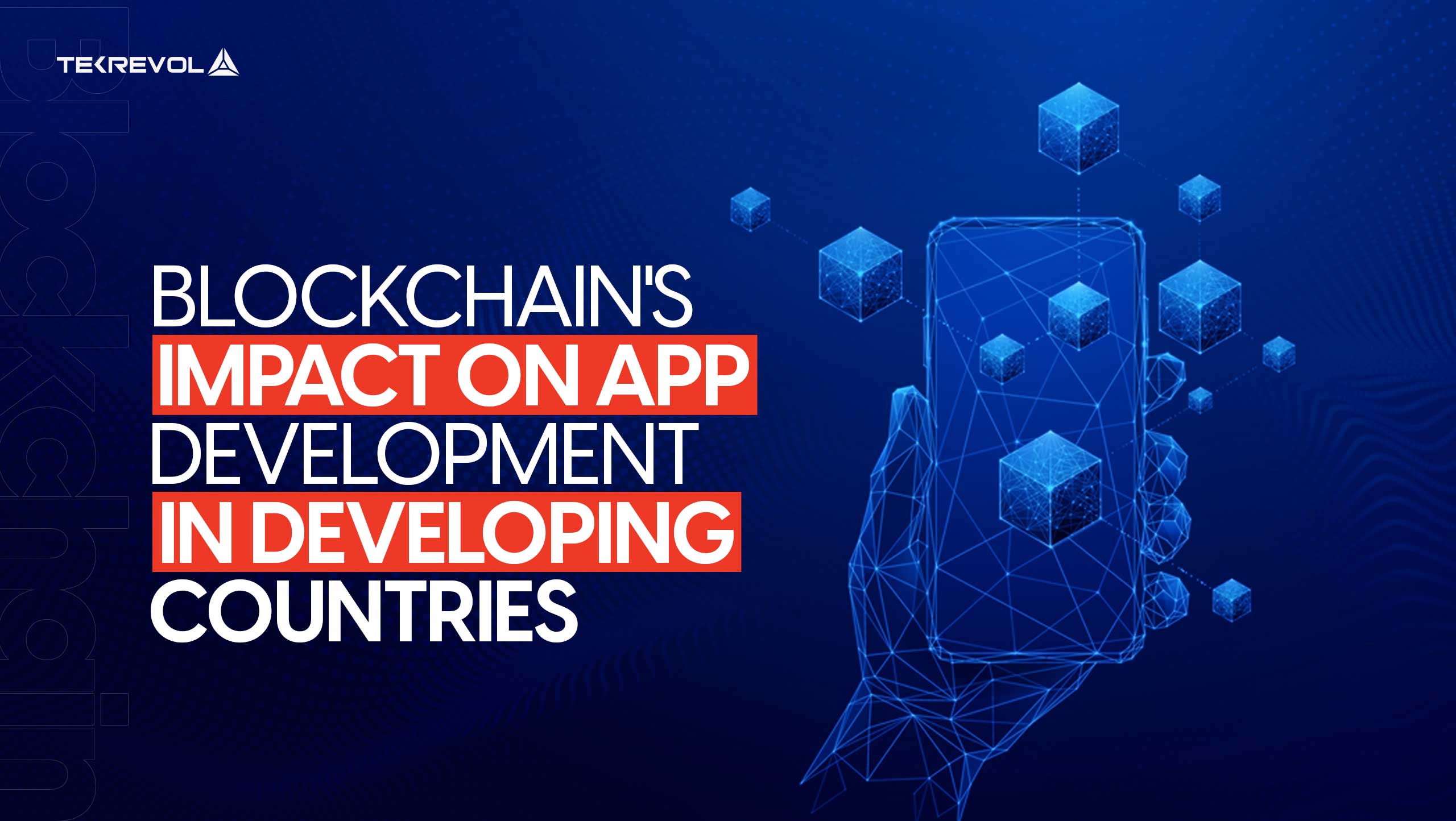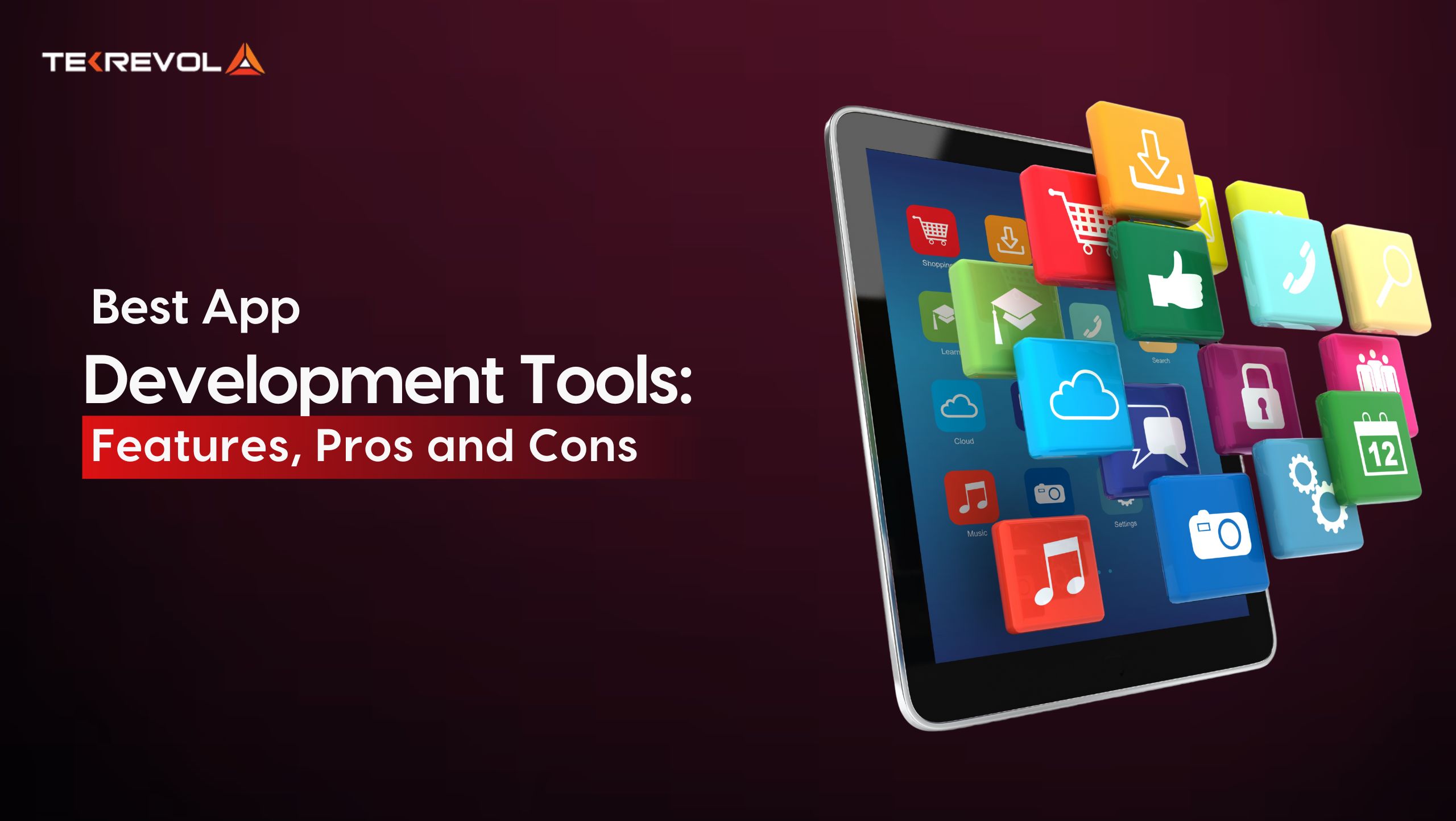With over 8 million apps available for iOS and Android, how can one innovatively break through the clutter to discover such technologies? AI and ML improve mobile app intelligence and their ability to foresee user needs.
In today’s competitive industry, simply providing baseline app requirements that each developer is aware of will not suffice. Apps must rely on AI and machine learning to give users mobile app intelligence and tailored experience.
The original generation of mobile applications was fairly simple and limited to the core functions of mobile devices. However, with AI and machine learning app development, apps have gotten smarter, capable of learning user behaviour, adapting, and doing complicated tasks independently.
The worldwide AI market is expected to reach $266.92 billion by 2027, therefore now is the time to embrace these breakthroughs.
A mobile app development company in San Francisco is at the forefront of innovation, using AI and ML to push the envelope in the city’s thriving tech scene. Therefore, utilizing these cutting-edge technologies could be your game-changer if you want to improve your app and stay ahead of the competition.
In this blog, we’ll look at how AI and ML are improving mobile app intelligence and how to integrate AI into the apps. So, let’s get started!
Understanding AI and ML Foundations in Mobile App Development
AI and ML-powered mobile applications point to a new paradigm in system development that makes things smarter and more adaptive. These technologies allow applications to learn from data, take over autonomously, or imitate human decision-making.
AI integration in mobile apps involves the use of intelligent mechanisms to make the software functional in an intelligent manner. It is a process of decision-making, analyzing the user’s response and their constant evolution.
Artificial Intelligence sub-discipline of Machine Learning (ML) is dedicated to providing scripts that learn patterns and predict outcomes with the help of the data obtained. In combination, these technologies further extend app capabilities, optimizing them and adapting to the user’s requirements.
Technologies that Power Modern ML & Artificial Intelligence in Mobile Applications
The effectiveness of AI and Machine learning mobile app development relies on several core technologies:
Deep Learning:
This technique enables apps to assess and interpret layers of data representations like images and audio using multi-layered neural networks.
Neural Networks:
These are important in pattern analysis and decision-making to facilitate the ability of apps to ascertain trends and make required forecasts.
Natural Language Processing (NLP):
NLP makes it possible for apps to converse using human language and thus possible to implement elements like chatbots and voice assistants.
The Integration of AI and ML
Mobile app integration with AI and ML complement each other and improve mobile experience and interactions. AI offers the general structure for emulating human cognition while ML makes sure that apps learn from the data of users and evolve. These features include recommended items or services, text entry prediction, and learning, all of which result in a friendly user interface.
Data’s critical role in helping mobile applications leverage AI and ML to achieve their objectives is so clear. One of the earliest cities to aggressively use AI and ML technologies is San Francisco. These advancements are advantageous to app developers in San Francisco by putting pressure on them to come up with new features for their applications to stand out in the market. Their desire to stand out from the crowd establishes them as leaders in the field, influencing developments and pushing the limits of mobile app creation.
- Want to Build an AI-Driven App?
- Our developers have the expertise to build innovative and intelligent solutions!
- Book A Free Consultation Now!
Key Technical Considerations for AI/ML Integration in Mobile Apps
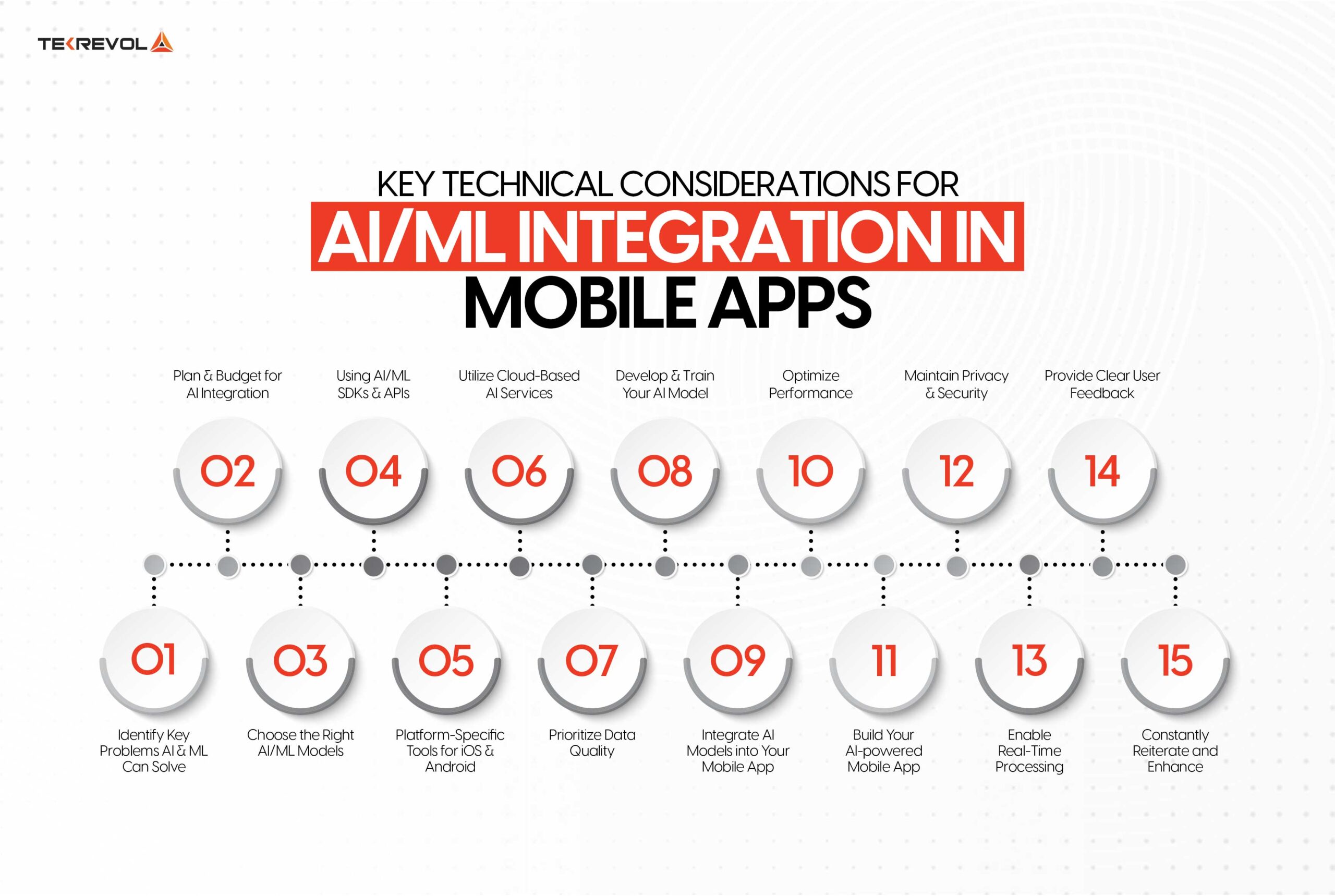
AI and Machine learning integration can improve the performance and usefulness of your mobile application in numerous ways. With careful planning, machine learning and Artificial intelligence integration can improve an application’s performance without degrading the user experience. Here’s how to integrate AI and ML into your app effectively:
1. Identify Key Problems AI and ML Can Solve
It is essential to be clear on what AI and ML can bring to your mobile app before jumping right into it. AI and Machine learning can improve things that are already in the model or they can add new functionality. Mobile app developers should therefore consider how each of these technologies can solve specific problems or enhance user experience. This involves:
Speaking with an AI professional and conducting internet searches.
Identifying available methods and technology to raise your awareness.
Exploring examples from various industries to uncover effective AI and ML applications.
2. Plan and Budget for AI Integration
Specify a clear plan and cost estimate for integrating AI and ML solutions into the application. The level of AI that you may implement in your company or organization will be determined by the amount of funding available.
It may be impossible to undertake a complete makeover, especially if you have a limited budget, but with a solid strategy, major improvements can be implemented within the available financial resources.
Before recommending a progressive AI and ML adoption strategy, write down your objectives, cost-cutting initiatives, and AI and ML opportunities.
3. Choose the Right AI/ML Models
The AI and ML models should be chosen based on the app’s requirements. Algorithms are classified into several forms and utilized for a variety of applications, including data calculation, pattern identification, and forecasting. When selecting algorithms, developers must examine the functions of the specific app they are developing.
Fintech machine-learning app development needs market prediction algorithms, whereas a healthcare app could use pattern recognition to evaluate medical data. The ability to assess algorithm strengths is useful for providing significant features that do not complicate the system.
For example, if a task needs text processing and natural language analysis, models such as recurrent neural networks (RNNs) or transformers are better suited. Using models from TensorFlow, PyTorch, or scikit-learn libraries can save time and improve integration.
4. Using AI/ML SDKs and APIs
To help streamline integration, pre-built SDKs and APIs created for AI/ML frameworks can be utilized. These tools provide developers with predefined AI capabilities, making integration of AI characteristics easier and quicker, while keeping it professional and accurate.
5. Platform-Specific Tools for iOS and Android
AI integration differs amongst smartphone platforms. CoreML in iOS allows for easy integration of machine learning models into applications, whereas ML Kit in Android provides a wide range of AI characteristics and features that are targeted for Android devices. Familiarity with the technologies for each platform assists developers in creating excellent AI experiences on both iOS and Android devices.
6. Utilize Cloud-Based AI Services
Take advantage of cloud AI services to provide complex features as enhancements. Many popular service providers, like Google Cloud AI, AWS AI, Microsoft, and Azure AI, offer AI-ready models and APIs that may be readily incorporated into applications such as speech recognition, picture analysis, and natural language processing.
7. Prioritize Data Quality
The performance of AI and ML models depends on the quality of data or information fed into the models. Make sure your application has the proper data by adopting sound data management techniques. To maintain accuracy and provide relevant information and user experience, always augment your datasets and improve your model.
8. Develop and Train Your AI Model
Creating an AI model for your mobile application involves several processes, including design, coding, training, evaluation, and improvement. One can train the model from scratch or utilize a pre-made model that is appropriate for an app with certain goals.
Depending on your selection, you can train a model from the start or fine-tune an existing model using your data. While doing so, keep in mind the practical element and how the model will actually function for the reason for which it is being deployed.
9. Integrate AI Models into Your Mobile App
After developing your AI model, the next critical step is to easily integrate it into the mobile application. This involves creating data connections, APIs, and front-end UI components, as well as making security considerations and deploying the model.
In the case of a model that is too large or resource-intensive, you may need to improve cross-device compatibility using approaches like quantization or model pruning. These mobile AI development frameworks include functionality to modify deployment models, making this step easier.
10. Optimize Performance
AI as well as ML operations can be very complex and might demand a lot of resources for their execution, particularly on mobile devices. There are strategies such as model quantization, and pruning which could be implemented and lightweight formats like MobileNet which could also be adopted to improve performance. Such optimizations may also include offloading heavy computations to the cloud, which can further increase efficiency while lessening the load on mobile devices.
11. Build Your AI-powered Mobile App
Once the fundamental AI model has been established, it is likely time to focus on building an aesthetically beautiful and easily understood user interface that will guide users through the AI capabilities. The development’s goal is to ensure that the user experience is optimized through the usage of AI technologies.
When designing the rest of the app, ensure that it is integrated with the AI model and coded in an appropriate programming language/environment for the iOS/Android platform. Maintain modularity and scalability to facilitate the inclusion of additional features or AI advancements in the future.
12. Maintain Privacy and Security
Make sure that the platform meets privacy and security standards and its policies regarding users’ data. Use secure protocols for communication and data storage, and adhere to requirements established by various jurisdictions, such as GDPR or CCPA. Highly understandable data usage policies help users trust the service and their data will be protected.
13. Enable Real-Time Processing
Make sure the AI/ML models that you are using can handle real-time data processing for features such as voice, augmented reality or live translation. Tune models for low latency to ensure the end-user has a fast experience with no delay.
14. Provide Clear User Feedback
When implementing AI features such as chatbots or recommendation systems to the website, ensure that users get constructive feedback regarding the choices they have made. For instance, a chatbot should ask for clarification or propose another option whenever it does not understand a query. Client satisfaction and confidence are improved by clear communication and accountability.
15. Constantly Reiterate and Enhance
Models for AI and ML need to be continuously improved. Update your models frequently with fresh information and user comments. To maintain your app current and useful, do A/B testing to compare various strategies and gradually improve the AI capabilities of your app.
- Got a Brilliant AI App Concept?
- Let our experts help you build and refine it into a successful application.
- Contact Us!
Popular AI and ML Features in Mobile Apps
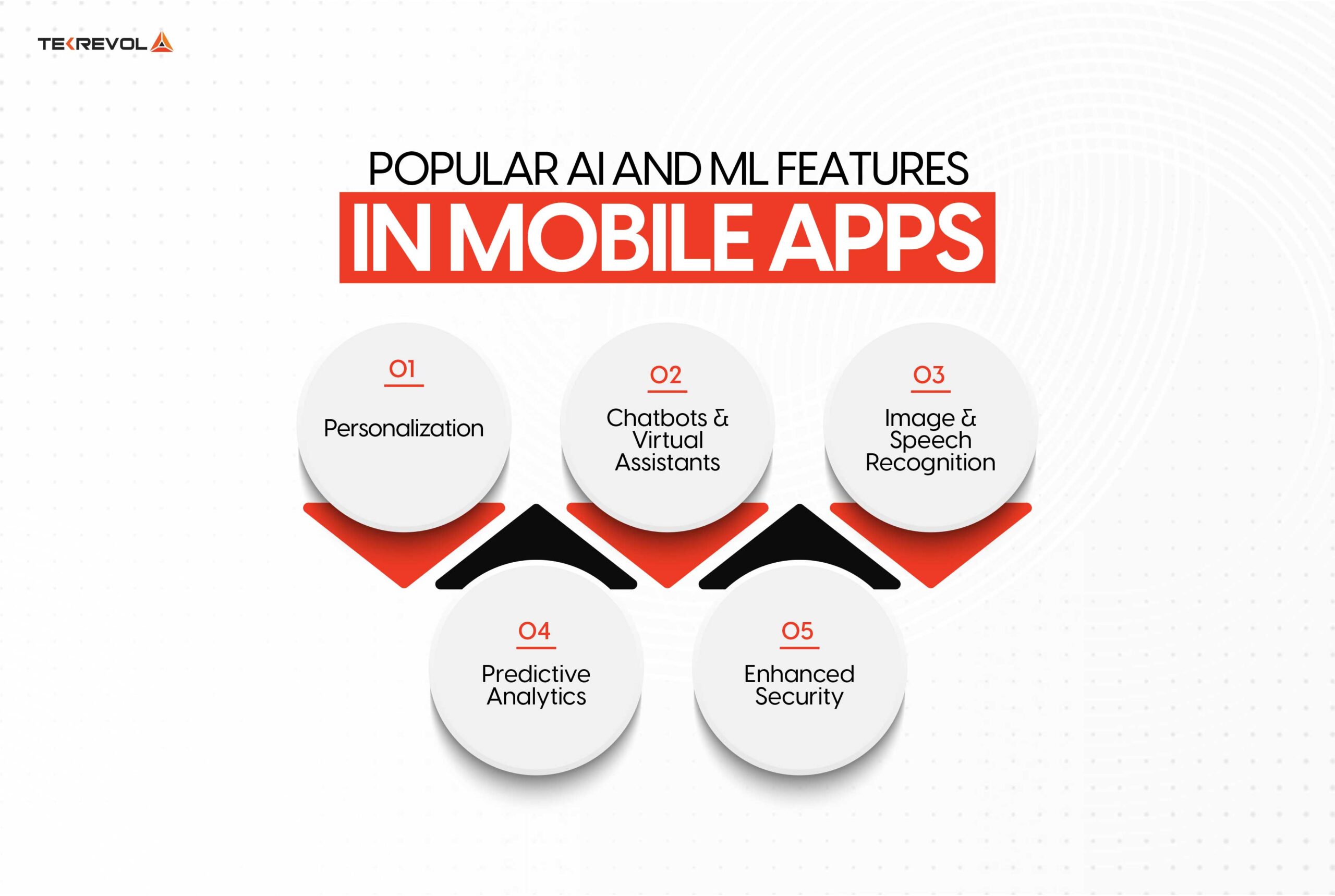
AI and machine learning integration in mobile apps has created a slew of advanced capabilities that have transformed the user experience on the devices. Some of the most common applications of these technologies are:
Personalization
Artificial intelligence engines examine the user’s behaviour and even the type of information they want. Popular streaming services, such as Netflix and Spotify, employ ML algorithms to recommend films and songs based on previous preferences.
Chatbots and Virtual Assistants
Virtual assistants such as Siri, Google Assistant, Alexa, and others may respond in real-time and aid users in answering inquiries, making reminders, and completing tasks with ease.
Image and Speech Recognition
Many mobile applications use AI to improve their ability to recognize images and speech. For example, Google Photos uses ML for image sorting, and voice-to-text apps provide comprehensive transcriptions of spoken phrases.
Predictive Analytics
AI and ML enable applications to predict user behaviour and trends. Using predictive analytics has become a routine in e-commerce platforms to better estimate demand levels for efficient inventory control.
Enhanced Security
Security technologies including facial recognition, fingerprint scan, and fraud detection powered by AI create an impenetrable shield of the application, thus enhancing the security of the mobile applications that users have to go through when accessing the apps.
Addressing Challenges in ML And AI Integration into Mobile Apps
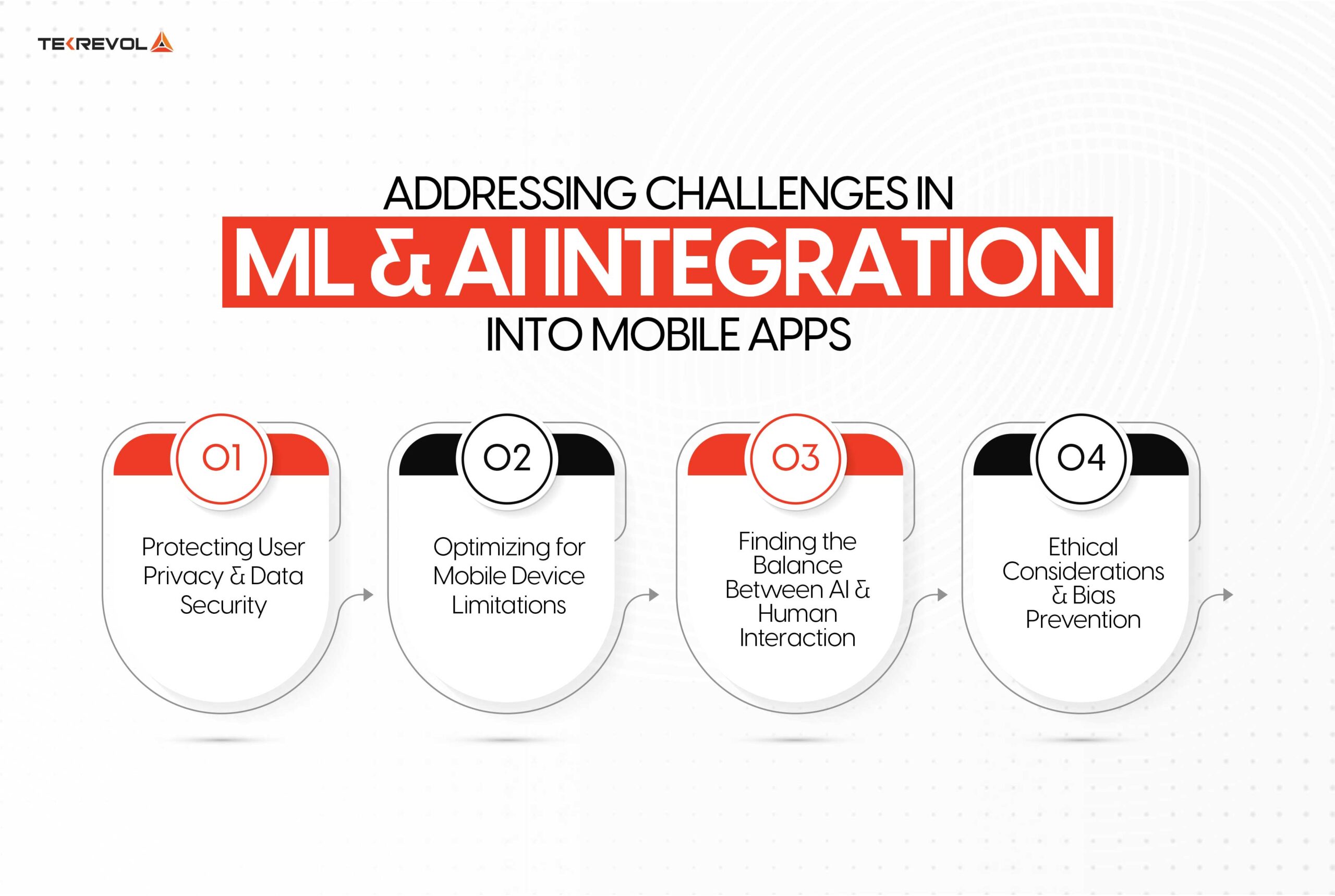
The incorporation of AI in mobile applications has a range of difficulties that developers need to overcome to achieve project success and perform ethical actions. Such issues vary from having insufficient storage, processing, and memory space in portable devices to issues with privacy and fairness.
Clearing all these barriers is critical not only to provide an intensively effective application but also to convince the users to have a good experience. In this regard, businesses need to partner with the right AI app development company to streamline the process. Here are the key challenges in implementing AI in mobile apps:
Protecting User Privacy and Data Security
Another issue that needs to be addressed in the context of implementing AI in mobile platforms is how private user information will be safeguarded. Since AI systems depend on a lot of personal data; the developers have to ensure security by encryption, proper storage and authentication.
It is equally important to ensure compliance with the privacy laws, whether it is the GDPR privacy act among others. This is always a challenge when installing such security features, to make the app easy to use and functional while protecting data at the same time.
Optimizing for Mobile Device Limitations
AI apps are frequently computationally heavy, putting a significant burden on the mobile platform in terms of processing and battery usage. To properly incorporate AI in such platforms, engineers must fine-tune the algorithms.
One has to choose between either performing heavy computation by means of cloud services or using lightweight ML models that were optimized for mobile to provide great AI features without sacrificing performance and battery life.
Finding the Balance Between AI and Human Interaction
Despite the fact that AI technologies allow for replacing many employees, some spheres need a warm human touch, such as customer support. System developers should automate tasks to improve service, but they should also be able to determine when a human should be called in.
This balance ensures the use of artificial intelligence to enhance the efficiency of the applications without detracting user satisfaction from the personal touch of their counterparts in certain situations.
Ethical Considerations and Bias Prevention
Another significant concern is the ethical component, which includes issues such as bias in AI algorithms. AI must be fair in its implementation so that different users do not receive different outcomes owing to a biased model.
To establish bias-free AI systems, procedures must be verified and recalibrated, and users must be informed about how and why data judgments are made. Maintaining ethical norms in AI is critical for keeping app integrity.
Need Assistance For Your AI/ Machine Learning App Development?
The mobile app environment is also gradually changing due to the use of artificial intelligence (AI) and machine learning (ML) features that provide unprecedented opportunities for improving the user experience of businesses.
However, implementing such technologies in mobile apps can be challenging sometimes. For organizations aspiring to incorporate the use of AI and ML, outsourcing app developers or using the services of a reputable mobile app development company may be beneficial.
At TekRevol, our speciality lies in incorporating the newest technologies into mobile applications and we have a strong team of responsive and committed developers. We aim to meet your business goals through the integration of the latest technologies into your business processes, utilizing AI and ML for corporate and customer data management. Our proficiency in scalability enables us to use ML-based solutions to improve the user experience.
- Curious About the Cost of Your AI App Development?
- Use our cost calculator to get a precise estimate and plan your budget effectively.
- Calculate Now!

 2428 Views
2428 Views October 1, 2024
October 1, 2024